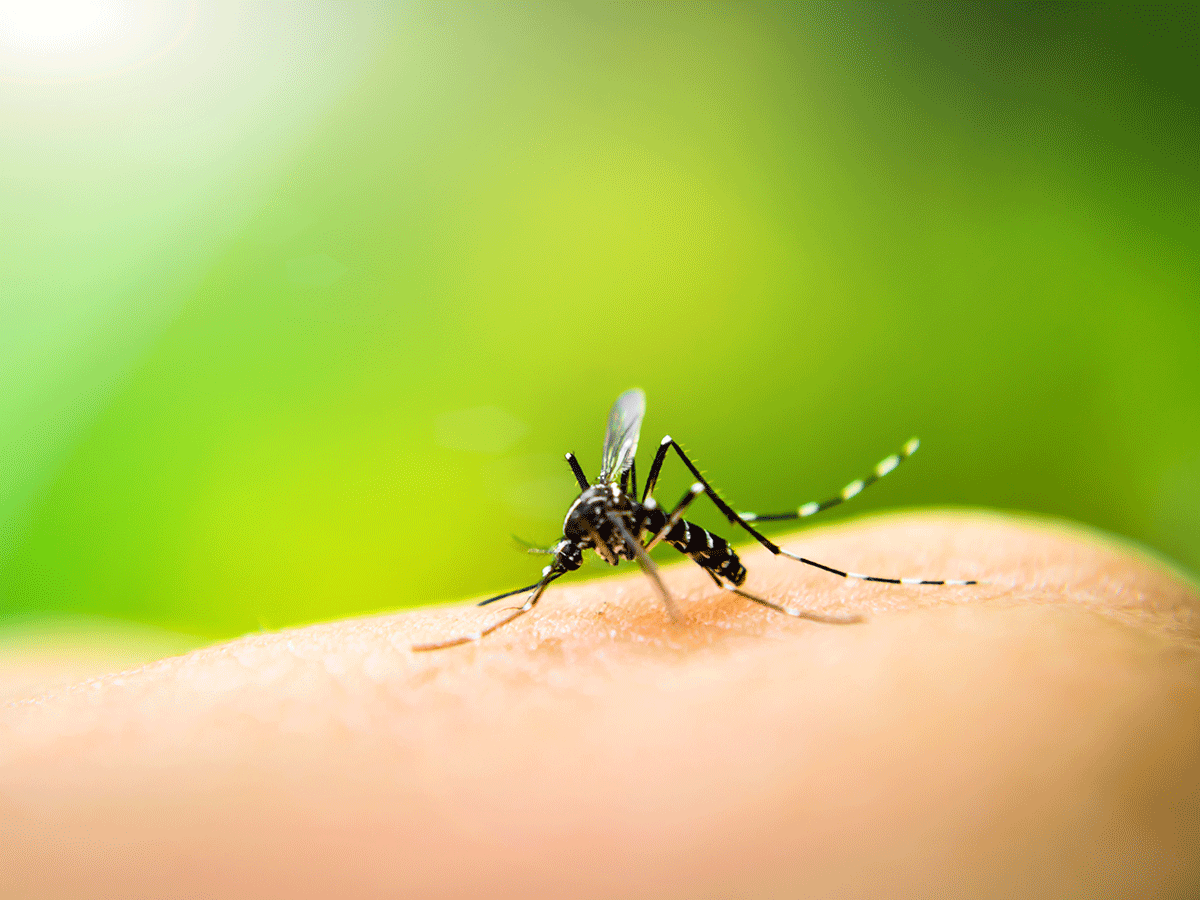On Tuesday, the U.S. Food and Drug Administration (FDA) announced the approval of intravenous (IV) artesunate for the treatment of severe malaria in adults and children.
The approval of IV artesunate marks the first treatment for severe malaria since the FDA stopped the marketing of quinine in early 2019.
Maryland-based Amivas (US), LLC, which is committed to the fight to eradicate malaria, develops IV artesunate. It also supports a few programs in the global effort to defeat malaria.
Before the approval, patients with severe malaria or with uncomplicated malaria who were unable to take oral medications were treated with IV artesunate under an investigational new drug protocol, which was a part of the FDA Expanded Access program.
In the United States, more than 2,000 cases of malaria are diagnosed each year, of which 300 cases are severe, according to the U.S. Centers for Disease Control and Prevention (CDC).
The FDA said IV artesunate treatment for severe malaria should always be followed by a complete treatment course with an oral antimalarial drug.
The agency approved the injectable artesunate after analyzing the results of two randomized controlled trials in Asia and Africa.
In the trail in Africa, more than 5,420 severe malaria patients younger than 15 years were randomly assigned to receive IV artesunate or quinine.
In the Asian trial, more than 1,460 patients, including 202 patients under 15 years of age, received IV artesunate or quinine.
In both studies, a very less number of hospitalized patients treated with IV artesunate died compared with those treated with quinine.
The FDA noted that the most commonly reported side effects in the Asian trial included acute renal failure requiring dialysis, jaundice, and hemoglobinuria. The agency also noted that the safety profile in the African study was similar to the Asian trial.





















